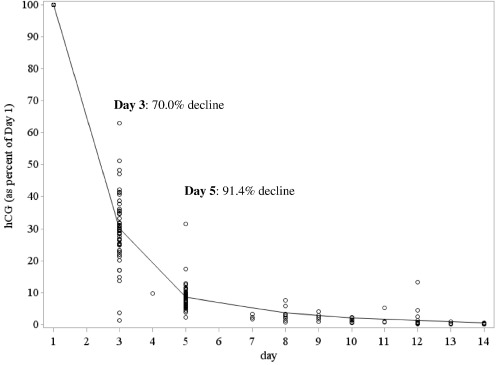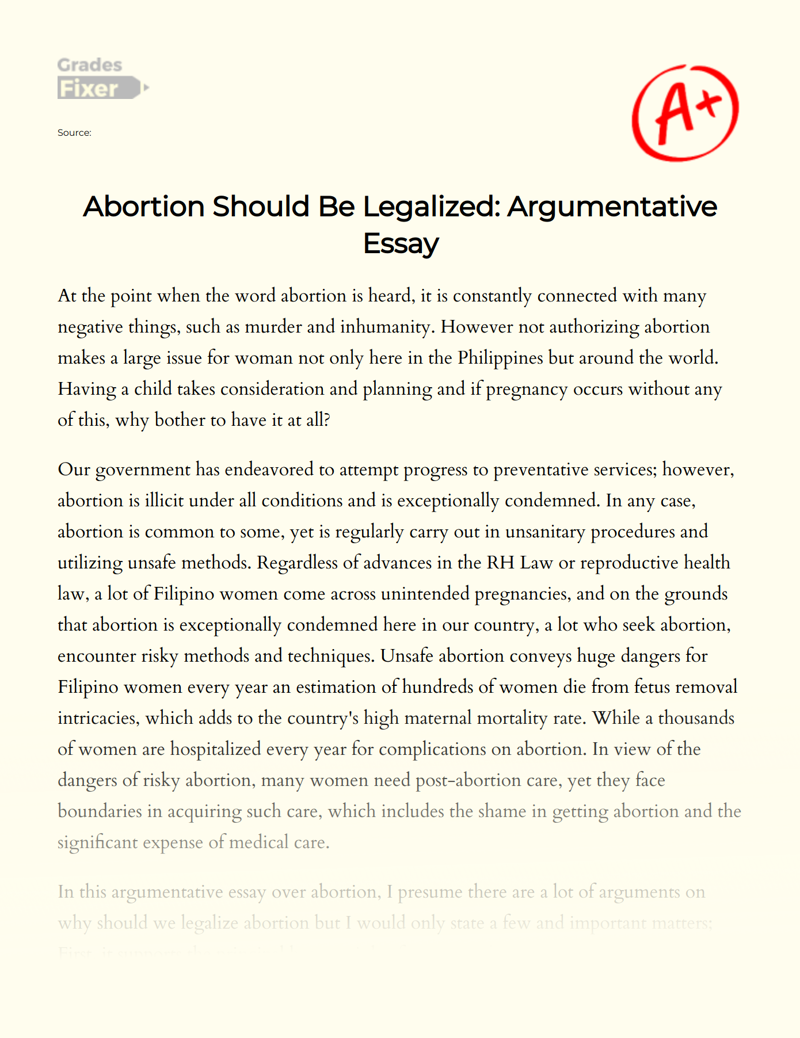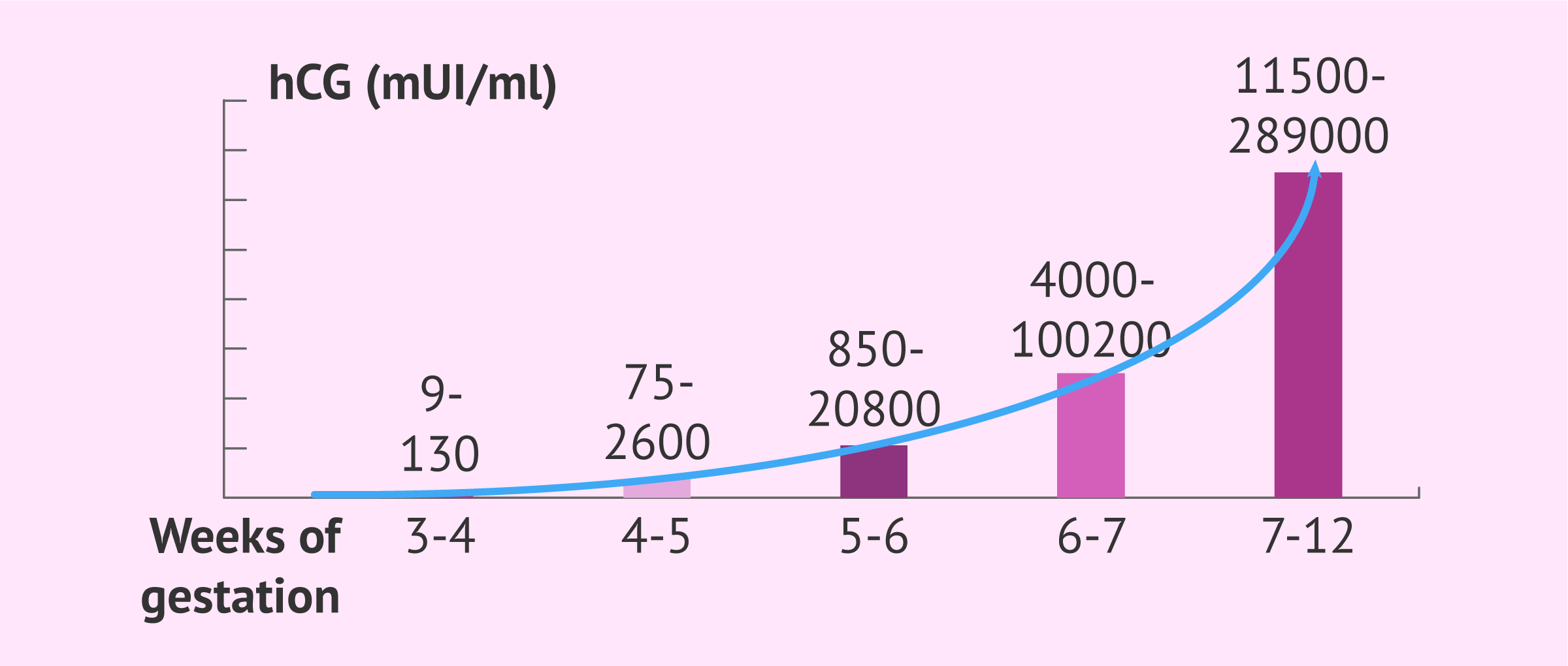HCG levels after an abortion typically decrease rapidly within a few weeks. After undergoing an abortion procedure, it is natural to wonder about the changes that occur in the body.
One of the key factors to consider is the level of human chorionic gonadotropin (HCG) hormone. HCG levels in the body are responsible for maintaining a pregnancy. However, after an abortion, the HCG levels start to decline rapidly. This decline depends on various factors such as the type of abortion procedure, how far along the pregnancy was, and individual differences.
It is important to discuss any concerns about HCG levels with a healthcare provider, as they can provide accurate guidance and support during this time. Understanding the changes in HCG levels can help individuals better navigate the post-abortion experience and ensure a healthy recovery.
Understanding Hcg Levels
HCG levels, or human chorionic gonadotropin levels, play a crucial role in pregnancy. These levels can also be affected by an abortion procedure. What are HCG Levels? HCG is a hormone produced by the developing placenta right after conception. It is usually measured in milli-international units per milliliter (mIU/mL). HCG levels rise rapidly during the first trimester of pregnancy, peaking at around 10 weeks before gradually declining.
Role of HCG Levels in Pregnancy: HCG levels can indicate the viability of a pregnancy and can be used to estimate gestational age. In the case of an abortion, HCG levels can be monitored to ensure that the procedure was successful. Low HCG levels after an abortion may indicate incomplete pregnancy termination, while persistently high levels might signal an ectopic pregnancy or the presence of gestational trophoblastic disease. It is important to consult a healthcare professional to interpret the HCG level results accurately.

Credit: www.sciencedirect.com
Hcg Levels After Abortion
A woman’s HCG (human chorionic gonadotropin) levels naturally rise during pregnancy and then gradually decrease after an abortion. The speed at which HCG levels return to normal can vary depending on several factors, including the duration of the pregnancy and the type of abortion procedure performed.
HCG Levels Post-Abortion: It is essential to monitor HCG levels after an abortion to ensure that the pregnancy has been completely terminated. High HCG levels post-abortion may indicate retained pregnancy tissue or an incomplete abortion, which may require further intervention. Low HCG levels, on the other hand, suggest a successful termination.
Monitoring HCG levels is typically done through blood tests, which are taken at regular intervals. These tests track the decline in HCG levels over time, indicating the progress of the abortion. It is essential to follow the guidance of your healthcare provider to determine the appropriate timeline for monitoring HCG levels, as it can vary between individuals.
Interpreting Hcg Levels
After an abortion, it’s essential to monitor your HCG levels. Initially, the levels should decrease gradually, and it’s normal to experience fluctuations. However, if the levels plateau or increase, it could indicate a concern. Consult your doctor if you experience abnormal HCG levels after an abortion. Keeping track of the HCG levels can provide crucial insights into your recovery process and overall health.
Factors Affecting Hcg Levels
After an abortion, HCG levels can fluctuate due to various factors. These include the gestational age, type of abortion procedure, and any remaining pregnancy tissue. Stress, medications, and underlying health conditions can also impact post-abortion. It’s essential to monitor HCG levels closely during recovery.
Type of Abortion Procedure
HCG levels after an abortion can vary depending on multiple factors. The type of abortion procedure performed plays a crucial role in determining the HCG levels post-abortion. Medical abortion performed with medication may cause to decline gradually over a period of weeks. Surgical abortion, on the other hand, may cause a more immediate drop in HCG levels.
Complications Impacting
It is important to note that complications during or after the abortion can impact HCG levels. In the case of an incomplete abortion, where not all fetal tissue is expelled, may remain elevated. Similarly, if there are complications such as infection or retained products of conception, HCG levels can be affected. It is essential to closely monitor HCG levels after an abortion and consult a healthcare professional if there are any concerns or abnormal patterns.
Conclusion And Support
After an abortion, it is important to closely monitor your levels to ensure they return to normal. Your doctor will advise you on what to expect and when to seek medical advice if necessary. It is normal for levels to gradually decrease after an abortion, but it is crucial to follow up with your healthcare provider to confirm this. Emotional recovery after an abortion is also important, and there are various resources and support networks available to help you navigate this process. Utilizing these resources can aid in your emotional healing and provide the necessary support during this time. Remember that every individual’s experience is unique, and seeking professional help can guide you towards your personal recovery journey.
Credit: www.cmaj.ca

Credit: www.invitra.com
Frequently Asked Questions :
What Are Hcg Levels After An Abortion?
HCG levels after an abortion vary depending on how far along the pregnancy was and the type of abortion procedure. Generally, HCG levels drop steadily after an abortion, and pregnancy hormone should be undetectable within a few weeks. It is important to follow up with a healthcare provider to ensure the levels return to normal.
What Causes Hcg Levels To Rise ?
After an abortion, It may temporarily rise due to certain factors. These factors can include retained tissue from the pregnancy, an incomplete abortion, or an abnormal pregnancy. It is recommended to consult with a healthcare provider if there is a significant increase in after an abortion.
How Long Does It Take For Hcg Levels To Decrease ?
Typically decrease gradually after an abortion. It may take several days to a few weeks for the hormone levels to return to normal. However, every person is different, and the time it takes for levels to decrease can vary.
Consulting with a healthcare provider is recommended for personalized guidance.
Can Hcg Levels Remain High ?
In some cases, levels may remain high after an abortion. This can indicate an incomplete abortion, a molar pregnancy, or an ectopic pregnancy. If levels do not decrease or continue to rise after an abortion, it is important to seek medical attention as it may require further evaluation and treatment.
Conclusion
Monitoring levels after an abortion is crucial for the well-being of a woman’s health. Understanding the expected decline and subsequent absence of HCG in the body can provide reassurance and aid in identifying any potential complications. By discussing this topic, we aim to educate and empower women with the knowledge they need to navigate their post-abortion journey safely and confidently.




